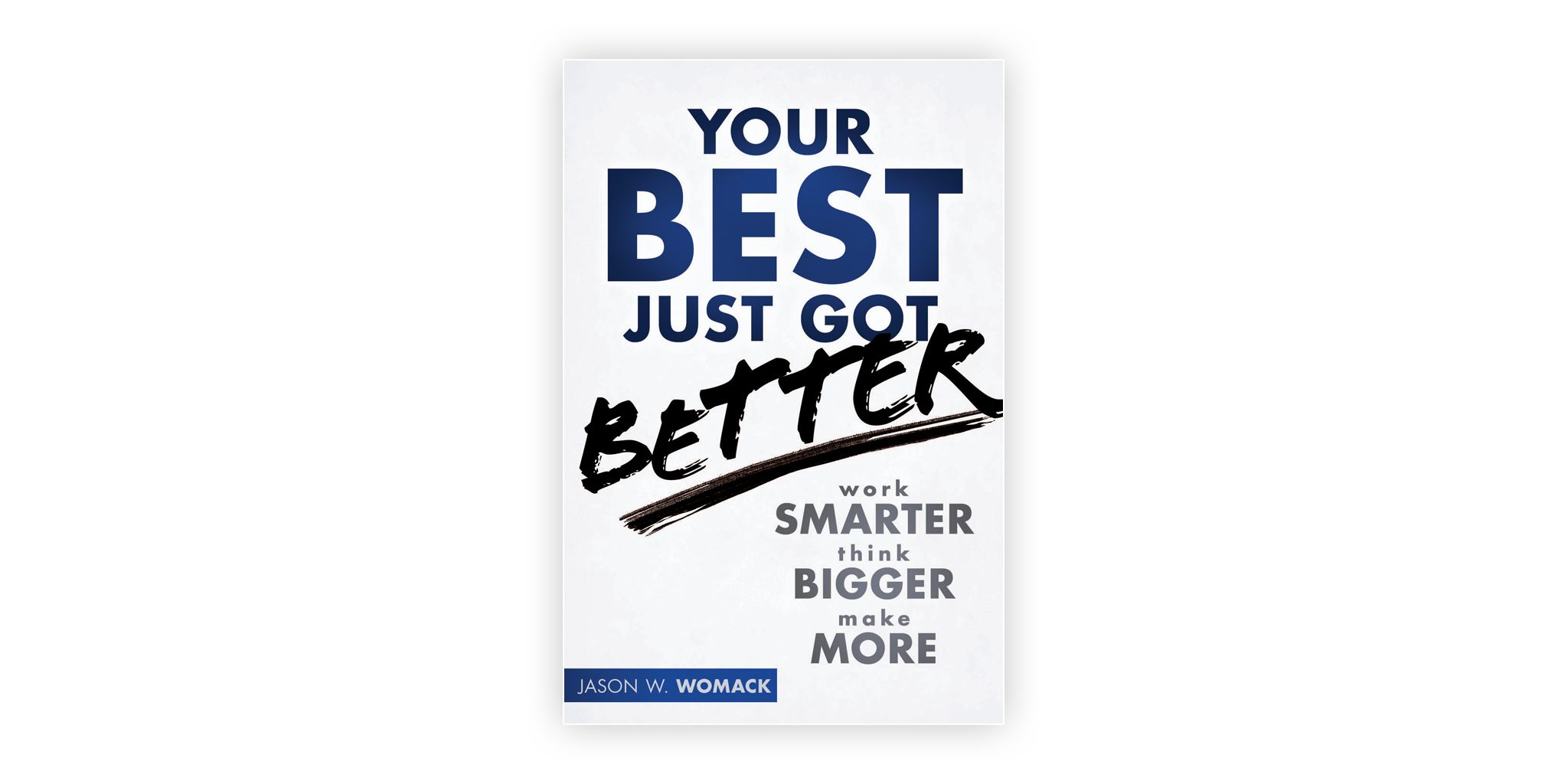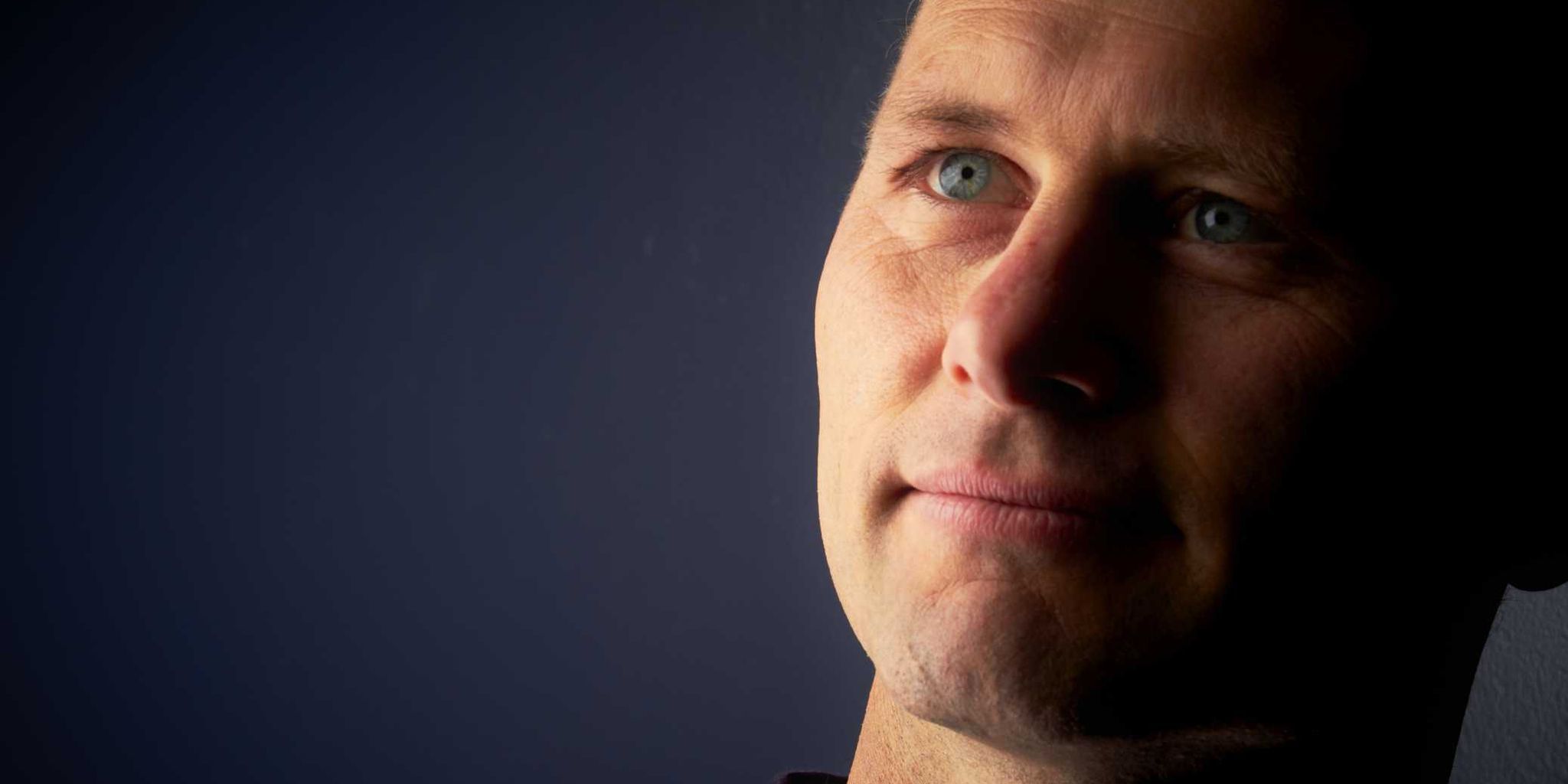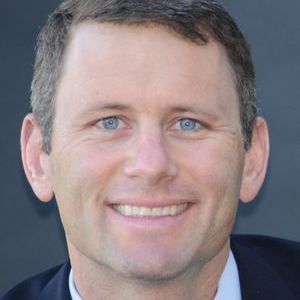Interview with Jason Womack
Michael Sliwinski: Welcome Jason! Glad I get to talk about productivity with such an experienced person as yourself. Thanks for doing that!
Jason Womack: You know, Michael, I have been in this game for almost 15 years. I was a high school teacher in the 1990’s and I was always trying to get more from time. Time management and time blocking. I remember that it really started going downhill when I started training to sleep 4 hours a night. This is when I knew something had to change. It just wasn’t sustainable.
Michael: I had a friend who tried to do that as well. In the long run the body is just tired.
Jason: We are not built for it. Now what I do is partner with organizations, specifically with their talent development and learning management divisions and we create seminars and workshops on productivity, time management and more and more we are talking about internal mobility. That is how we take the best that they are hiring and instead of training them to leave, we want to train their staff to grow.
Michael: I have recently read your article about the fact that when people hire other people, sometimes overqualified, you just have to communicate well with them, what their expectations are, right?
Jason: I believe so. And there are so many hidden factors. Right now we have four generations working together in a workplace. I have a good friend who works at a Macy’s department store, and she shared with me that in holiday season they do temporary hiring, they are going to have 18-, 19-, 20-year olds and on the other side they’ve got people who are past their retirement age, but they still like working. So you have this range of 20 to let’s call it 65 and just the mind set of all of those people. So in my newest book: „Your Best Just Got Better” one of the things that I explore is just people’s mindset that they bring into a productive day.
Michael: The title of your book is quite challenging, because how can your best be better?
Jason: It’s a question I hope more people will ask me. What I do in the book is go through three areas. First we are talking about working smart, then we talk about thinking big and then we talk about making more. What we found in my research is that those three things happen in that order.
Someone who is setting a big goal, who wants to think big… but has their inbox out of control, has their things all over the place, has their mind full with everything… that is if they are not working smart, they just can’t think big. It’s not mentally or physically possible.
„Your Best Just Got Better” was the title of my blog going back 7 years, I never had an idea it would become a book one day, just the people who I was spending my time with quite frankly were the best. And again, you know this, people who are the best continually go back for re-education, they go back for training, they go back for coaching.
Michael: Sometimes you do find people who are the best, but when you look at them from the side, you can see how much they can improve. And then with the small things, like you’ve said, when you have them clean their inbox, or some other small improvements like that they are surprised by how much more they can do, right?
Jason: Almost every time. One of my clients is an international bank and their spokesperson is Roger Federer, the tennis player. On one of the presentations I saw Roger talking about tennis players: do they find a coach to help them find what their weaknesses are and make those stronger or find a coach to find what their strengths are and make that better?
He said, and I will always remember this, Michael: “if you work on your weaknesses you might be an all around good tennis player but you won’t be dangerous, unless you work on your strengths”.
And maybe "dangerous” is not the right word, it’s “extremely powerful”.
I know when I’m on stage and I’m speaking to a room of recently promoted managers and they are about to take on a much bigger team and we are discussing the culture, values and training… and where I’m dangerous is where I can pull out my experiences and present that in my style. „Your Best Just Got Better” might not be doing things extremely differently, but it maybe is doing what comes naturally to you but a little bit more.
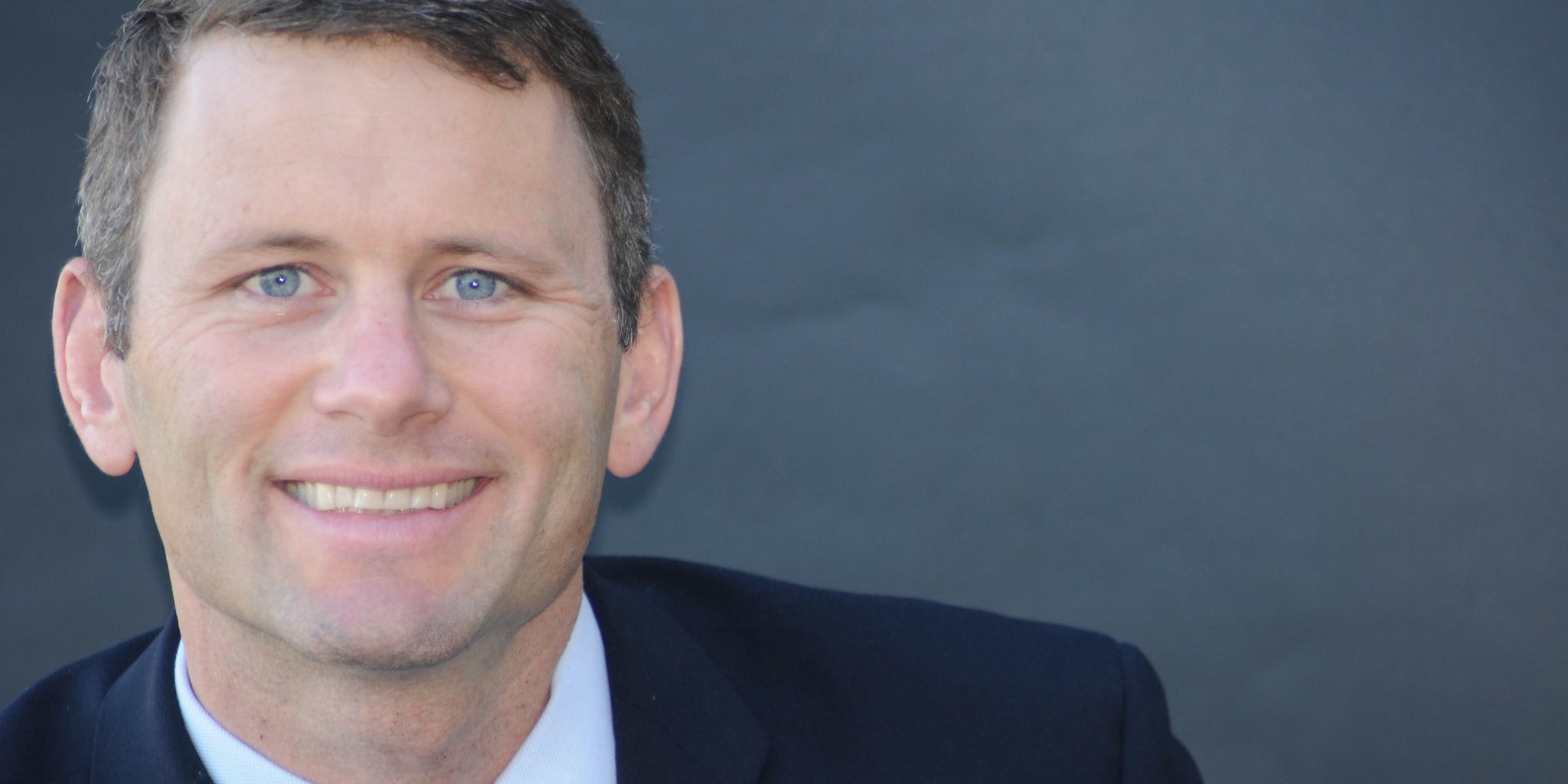
Michael: That’s true. I think in this whole world right now we focus too much on the negativity instead of focusing on positivity. Just focus on the good things… and you can build up on that and not just focus on the bad things and just start whining.
Jason: Benjamin Zander wrote a book called „The Art of Possibility”. Actually he tells the story that his wife wrote it and she has let him put his name on the cover :-)
In that book he talks about the negative spiral that we can sometimes find ourselves in. And I remember, Michael, when I was reading on your blog way back when you took on Nozbe as your thing and you talked about tens of things that were on your mind all the time. You know, one of those tens of things can start that negative spiral and can actually overwhelm everything!
What Benjamin says, and what I echo is: “I don’t need to change and be a positive thinker but I do need to practice positive focus.” And those two things are different.
Michael: Jason, before this new book of yours you had the other one „The Positive Promise Doctrine” that you wrote with your father, right?
Jason: That was a fun project. You know, my father and I, we see each other physically half a dozen times a year, we talk quite often and he is a very successful CEO. He was the CEO of the Sharper Image, an American based company that was global, then he ran a garden supply company called Smith & Hawkin, and then he ran a manufacturing company producing those big massage chairs you see in the airports.
So he has experience over the past 20 years, has been running 150 to 400 million dollar companies… while my experience over the past 20 years has been in the classroom, either in a public classroom or in a corporate classroom, looking at how people receive those mandates from above. And so we have those two experiences almost at the opposite sides. Making the decisions and helping people implement the decisions. So we wrote a short guide book on what happens when people say and do what they say they were going to do.
Michael: Jason, tell us a bit more about yourself, please. Like for example you were with the David Allen Company and then you’ve decided to go on your own. What happened there?
Jason: It goes back to couple of things that we’ve talked about so far. I started off as a junior high school teacher and then I went to high school. And while I was going through that process, I started studying time management. Franklin Covey… I got a PalmPilot in 1997 and then I met David Allen who was doing his seminar called “Managing Actions and Projects” and I went to that seminar in late 1997, 1998, 1999. In 1999 David and I had a conversation and I created a class for my high school students on productivity.
We’ve called it „Pathfinders: Actions and Ambitions Management for Teens”. And my thinking was, you know there are those 16- and 17-year-olds I was teaching, and they had a lot of energy, they had a lot of enthusiasm, they were getting a lot of information and so I wanted to create something that would put all that together. It went really well, I can tell you stories about that, but the next thing that happened was that David’s book was coming out. The Getting Things Done. So I’ve joined up as a facilitator of the seminars and a coach and over the next 5 years I’ve presented 400 GTD seminars around the world.
I was a senior trainer with that firm and then what wound up happening is I became much more interested in the process of performance independent of a tool. On one side it was very liberating, because I could walk into a client’s office and we could be very open and free about how do we solve this performance and productivity problem, on the other side there needs to be, and I found this, some foundations, some system that they use.
So over the past 5 years I’ve partnered with about half a dozen large companies around the world. Recently I was in Zurich and the month before that I was in United Kingdom and I’ve worked in Amsterdam, I’ve worked in Belgium and it’s been a wild experience of showing up, meeting clients, where they are to find out what they need and staying in touch. Someone asked me: “Jason what is your business plan?” Well, my 3 step business plan: show up, do good work, stay in touch.
Michael: I’ve read somewhere, that 80% of success is showing up.
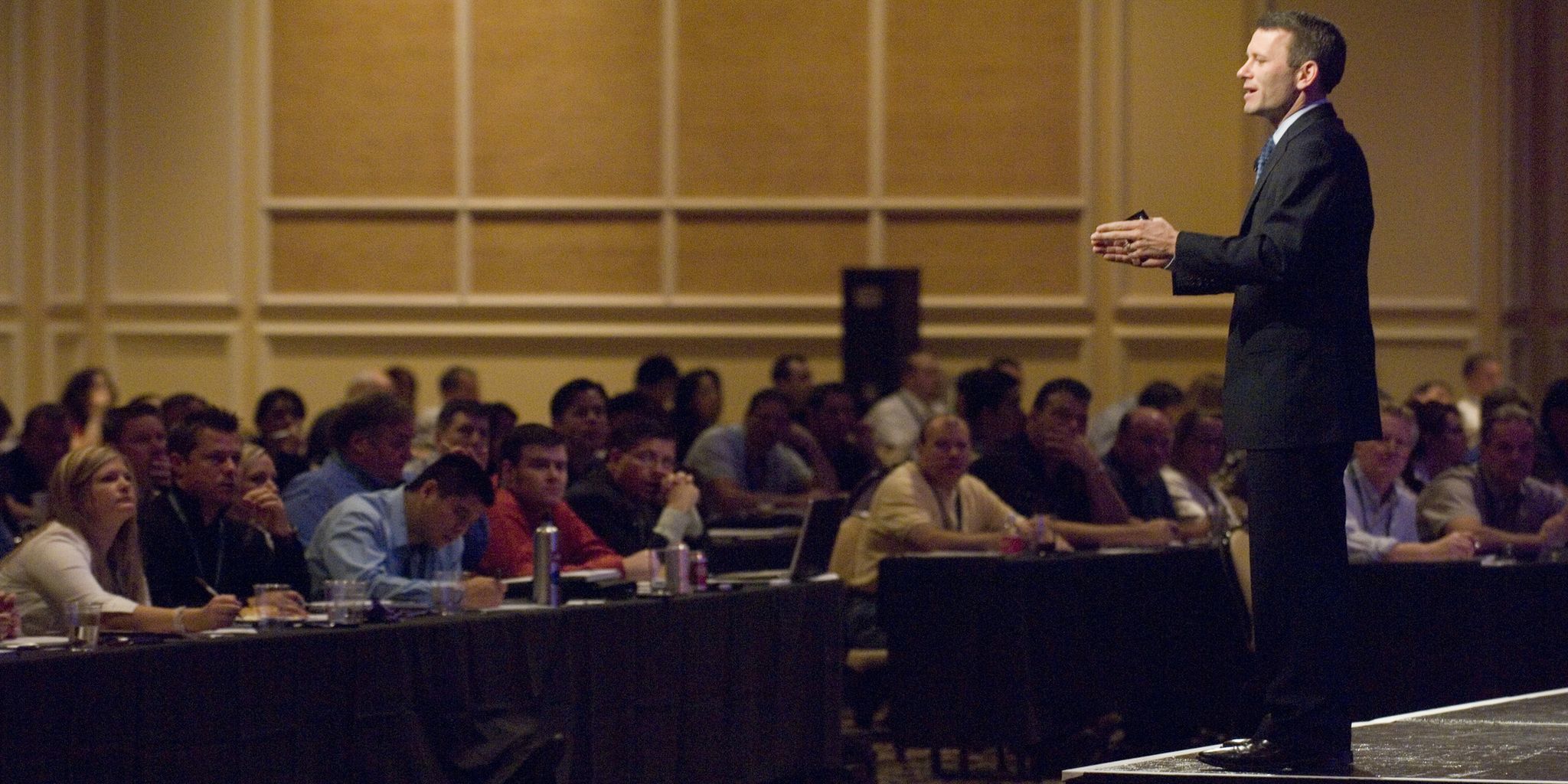
Jason: And what we can do, and one of the things I teach is underneath each of those three ideas are several indicators. Showing up: showing up on time, showing up prepared, showing up culturally aware, showing up demographically aware… you know I’ve done seminars in different communities where I was the only one like me in the room.
Michael: When you start something new it takes lots of energy from you because you love it so much and there is so much passion behind it. So how do you balance your family life…
Jason: Absolutely. Thanks goodness for what I call "team Jason”. Team Jason is this small cadre of people who get me, understand me, they support me, but I think most importantly they push me. What I have done, I have surrounded myself by people who understand that I’m here for a big purpose and they don’t give me a hard time.
What I mean by that is when I tell some people about how much I do and what I do, one of the 1st things some people say is: “oh my goodness when do you relax, or don’t you ever do nothing?”, because of that question I’m writing a manifesto, about the difference between doing nothing and doing one thing. And it is very subtle when you change those letters around, but doing one thing is like doing nothing to me.
Other things that I do to keep myself engaged, I was doing triathlon during the summer, I train 10 months a year with a plan and then October and November each year are my off months. But that always gives me something to perform towards and I would encourage anybody: because I race every month from April until September, every 30 days I have a race, I always have a next thing to train towards. And I think that is significant, especially, with those of us who have jobs or careers or lives that are always on.
I work with parents and spouses and they are going to be a parent for the rest of their life. So being able to chunk that down and say here is the next milestone, an achievement, call it a goal, but by having that next thing in sight … not long time away… but in sight, I think it is critical to high performance and productivity.
Michael: I have been having some issues last year when I couldn’t find time to do physical training, and I got chubby and I got disillusioned and it was really bad. And then when a friend of mine who is a professional athlete helped me out, gave me these small goals then suddenly, after one year I lost almost 20 pounds, I feel just a lot better and then I get this energy and I have this thing to also look forward to. I want to do a triathlon one day as well.
Jason: Way to go Michael! You know, I believe we all should make sure we’ve got three things: one - surround yourself by people who understand you, support you, that will push on you, that will encourage you. The second one is: look at the physical sustainability, environment… companies are talking about CSR, "corporate social responsibility"… I’m looking at ISR, "individual social responsibility”. If I don’t rest, if I don’t take care of my body I’m just not fun to be around and I know that. And then I think the third one would be to clarify your ‘so that’. Call it ‘purpose’, call it ‘reason’, call it your ‘why’. In my book, in one of the chapters, I explore this concept of ‘so that’ and when I clarify that, when I understand that, things just seem to show up to support me in that direction.
Michael: Also people tend to make those imaginary goals like: “I’m gonna lose 20 lbs in one year”. What they should be doing is having those smaller, actionable things to look forward every month just like you said. People are afraid to take these baby steps, because they are afraid they might succeed. This is something I have been talking to people about because once you get more organized you feel a little bit lost, because then you suddenly know how much time you actually have.
When you are not organized you are like: "I’m going to be fine, I’m gonna go with the flow”… but when you are more organized, you get your inbox to zero and then you know how much time everything takes and then you start realizing that “maybe doing this is not really realistic for tomorrow”, you start to understand your physical boundaries.
Jason: Exactly! Many of the things you have just said I’m exploring in detail in several chapters of my book. You and I are on the same page.
For more productivity tips check out Jason’s book: Your Best Just Got Better: Work Smarter, Think Bigger, Make More.
